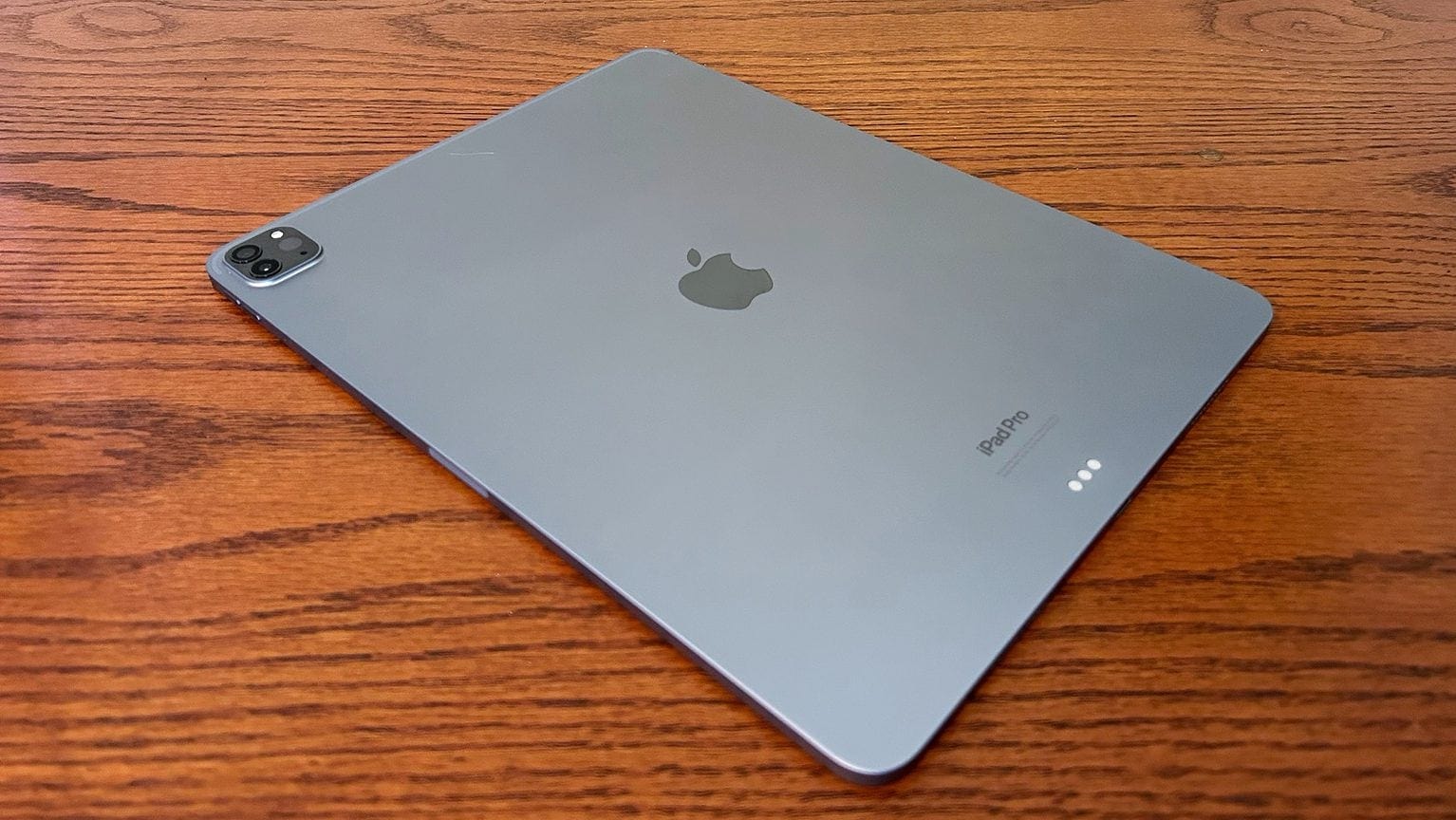Conditions over the past few years that led to robust sales of early Apple silicon Macs may not be there for 2024 MacBooks and iPads despite their advanced new 3nm chips, an analyst said Wednesday.
Apple plans 2024 Macs with 3nm chips, but demand may fall
The outlook comes from reliable supply-chain analyst Ming-Chi Kuo, who shared some research Wednesday on Medium and X (formerly Twitter).
He expects equipment shipments related to 3nm chip manufacturing to fall due to lower demand, because Apple’s 3nm demand for 2024 “would be below expectations.”
The lower expectations stem from initial enthusiasm about Apple silicon dampening as demand for the new gear generated by the COVID-19 pandemic’s work-from-home (WFH) surge further ebbs.
And he cites the consensus that the semiconductor sector should “bottom out” in late 2023 or early 2024, which would impact computer manufacturers across the board. That might lead to strategic product-release delays in hopes of better conditions.
Here’s what Ming-Chi Kuo said:
My latest research indicates that ASML may cut EUV equipment shipment forecasts significantly for 2024 by about 20–30% for the following main reasons:
- Apple’s 3nm demand for 2024 would be below expectations. In 2023, Apple’s MacBook and iPad shipments declined significantly by approximately 30% and 22% to 17 million and 48 million units, respectively. The sharp decline is attributed to the end of work-from-home (WFH) demand and diminishing user appeal for the new specifications (Apple Silicon and Mini-LED). Looking ahead to 2024, Apple’s 3nm demand is negatively impacted by the lack of growth drivers for MacBook and iPad.
- Qualcomm’s 3nm demand for 2024 would be lower than expected due to Huawei’s decision to stop sourcing Qualcomm chips and the higher-than-expected penetration rate of Exynos 2400 in Samsung smartphones.
- Demand for Samsung’s 3GAP+ and Intel’s 20A is lower than expected.
- Samsung, Micron, and SK Hynix aren’t expected to launch memory expansion plans until 2025–2027.
The current market consensus is that the semiconductor sector will bottom out in 2H23. However, it needs to monitor closely whether this bottoming timeline would be pushed back to 1H24/2Q24.
ASML likely to cut EUV equipment shipment forecasts significantly for 2024 by about 20–30% / ASML可能顯著下修2024年EUV設備出貨預估約20–30%https://t.co/NmHzx7K7x5
— 郭明錤 (Ming-Chi Kuo) (@mingchikuo) September 27, 2023


